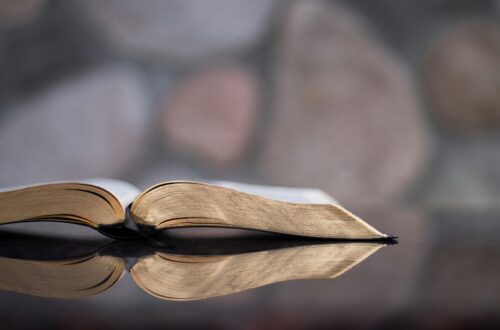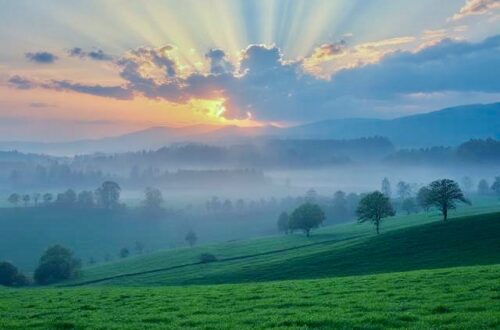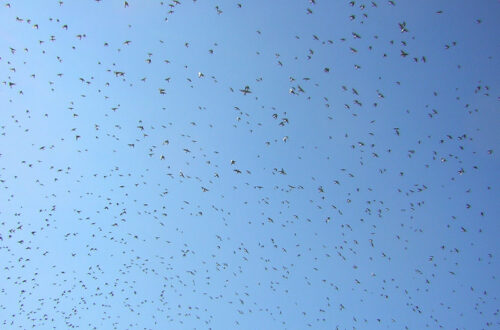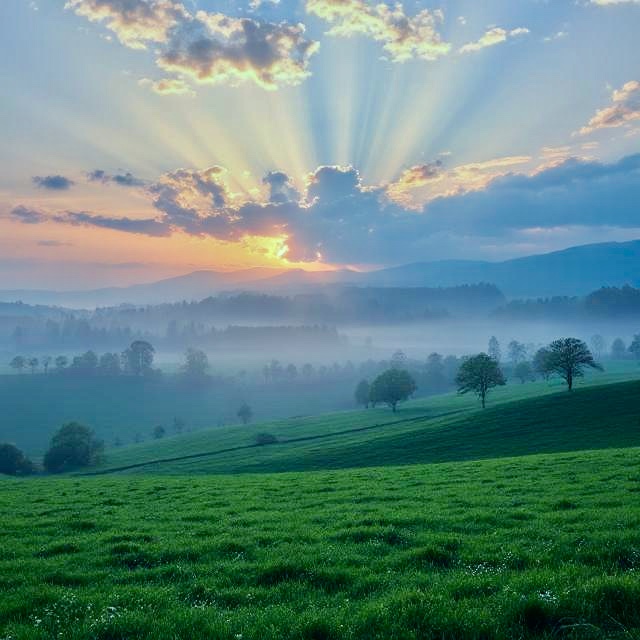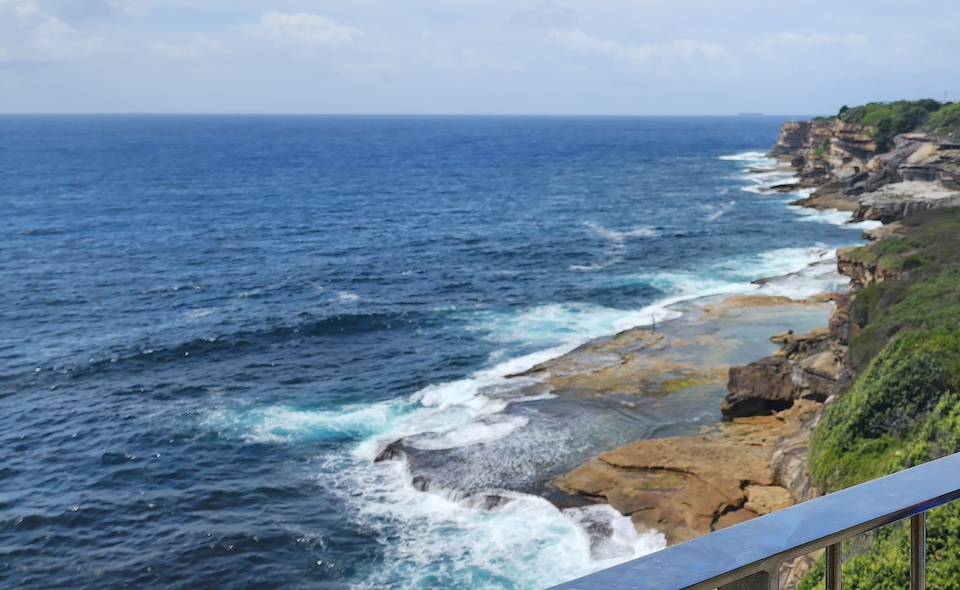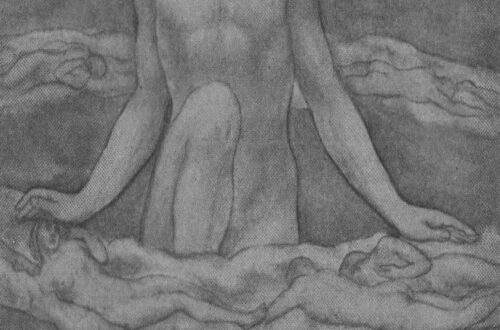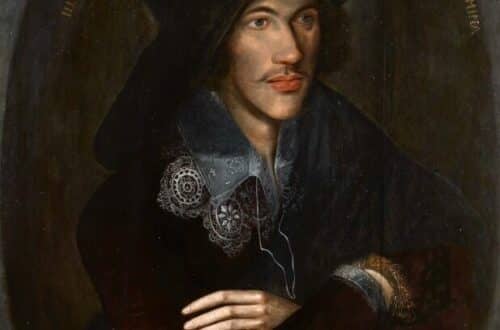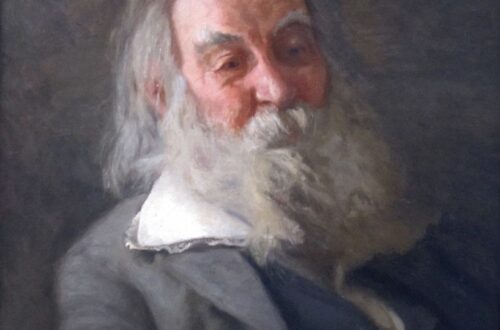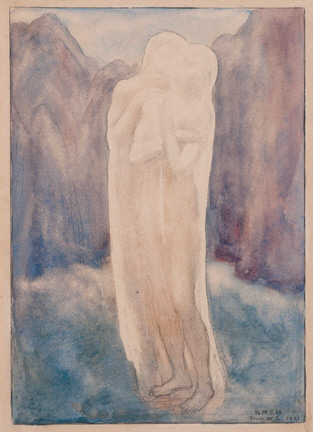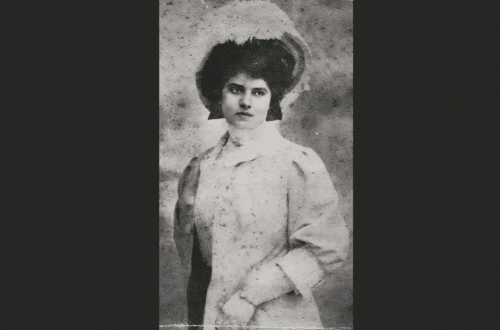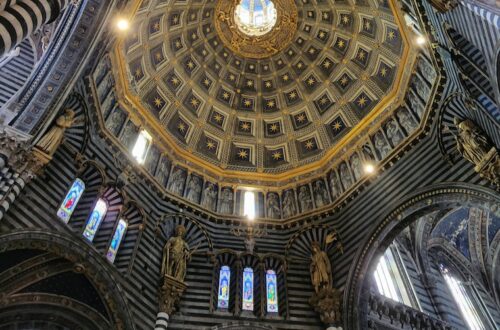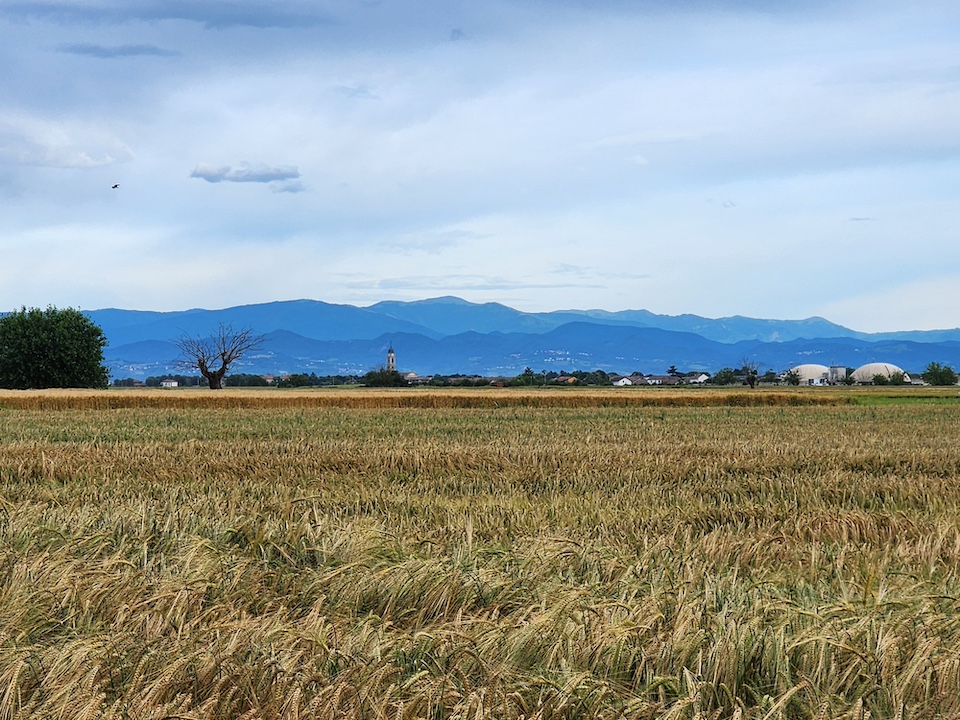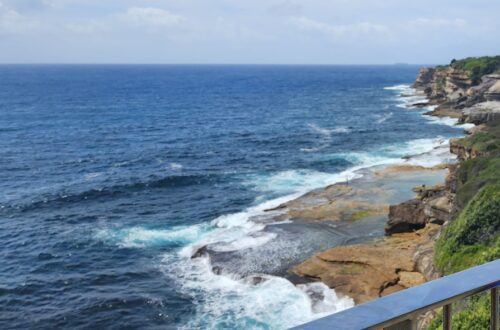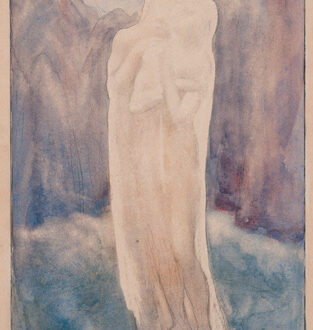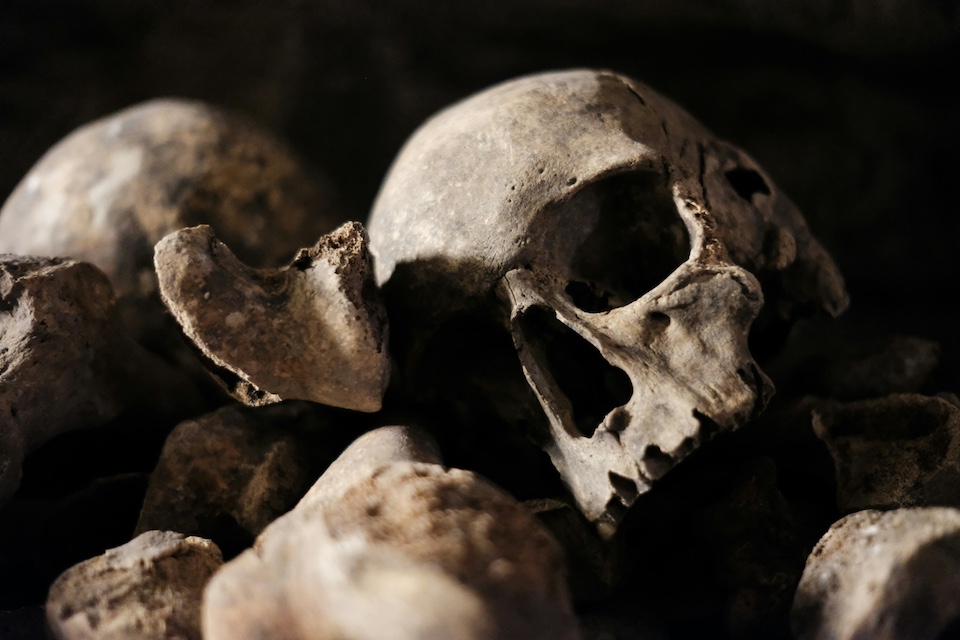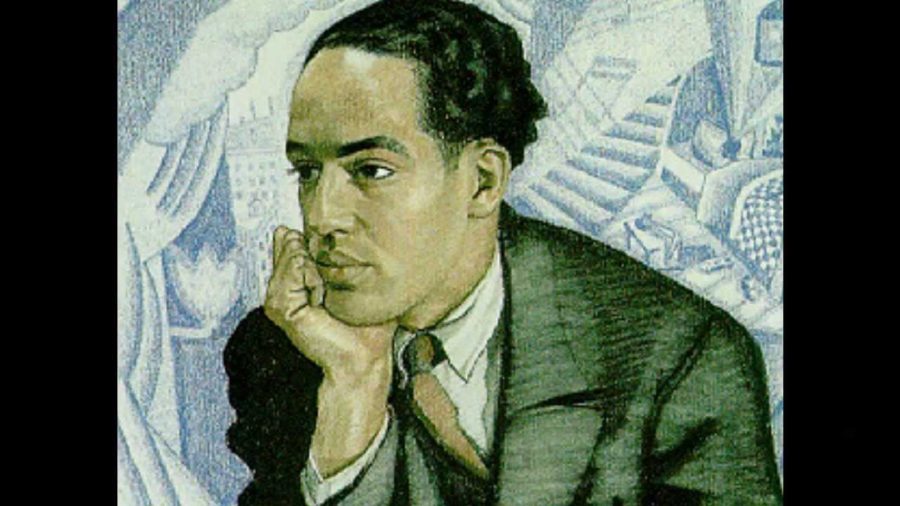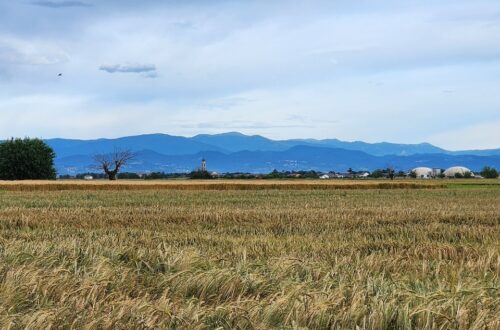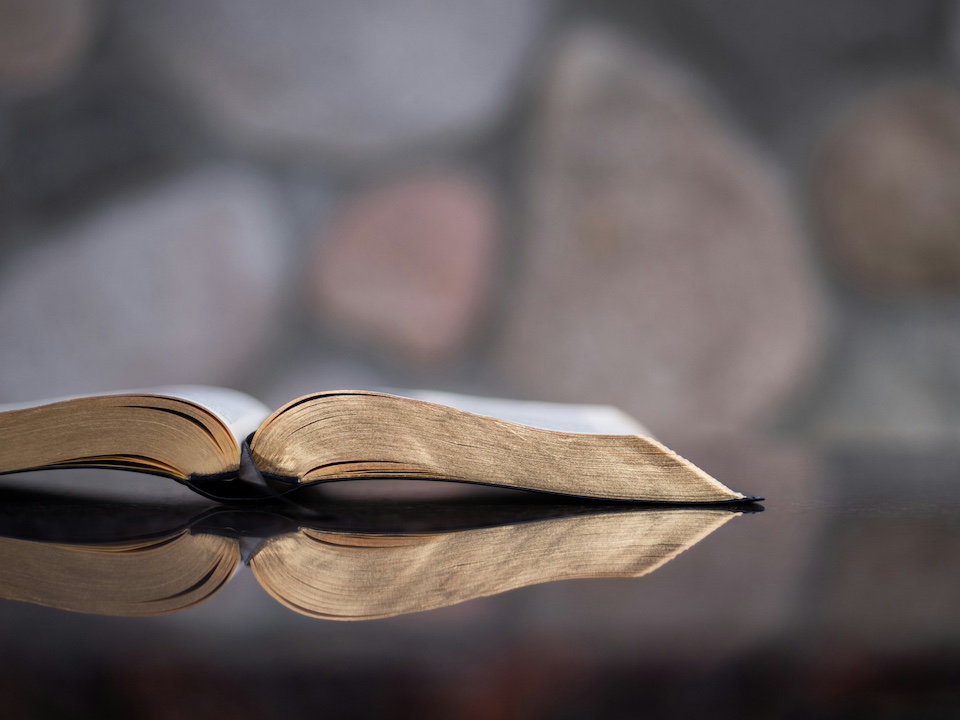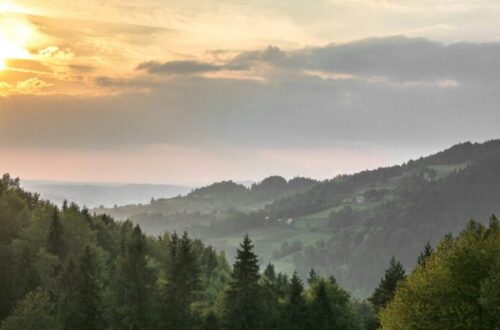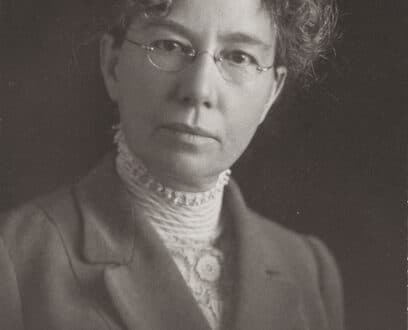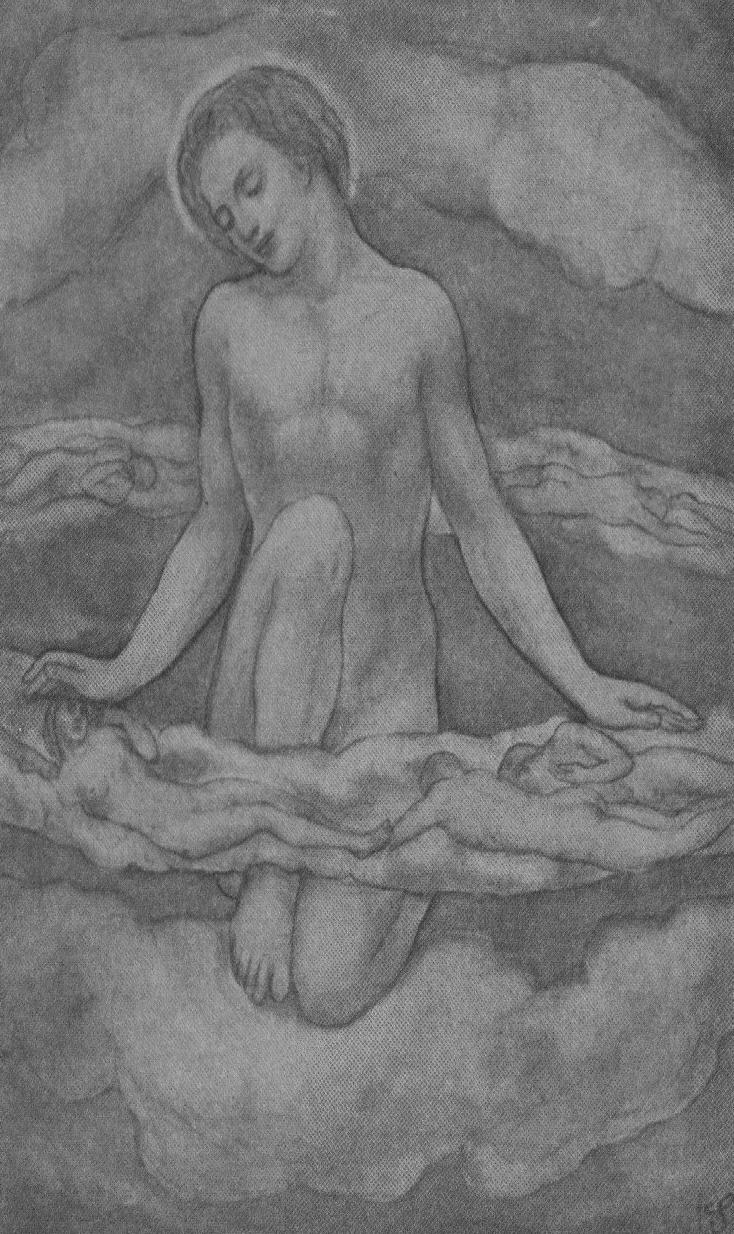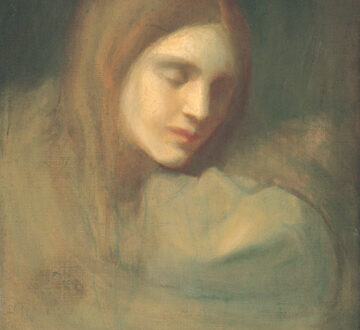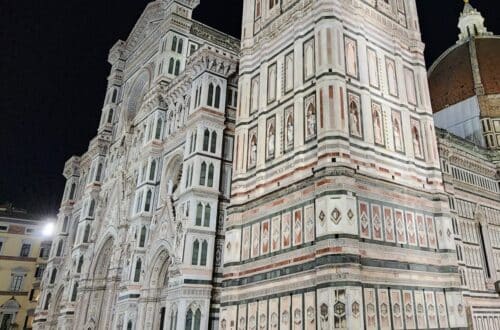English-Italian Translation
-
Echoes of Other Tongues
The poem below plays with language and voice. Recently I have been publishing poems in bilingual form: an original accompanied by a translation (English-Italian or English-Arabic). My poem below experiments with blending language and meaning into a single whole. La seguente poesia gioca con la voce e con la lingua. Di recente ho pubblicato poesie bilingue: un originale con una traduzione (inglese-italiano o inglese-arabo). Questa poesia prova a fondere due lingue e significati in un singolo insieme. In Andalusia, when Arabic was still the language of government and literature, writers did not confine themselves to one language, but could mix Romance and Arabic or Hebrew together. Muwashah poetry (a particular…
-
Mellon – The World’s Best Known Elvish Word
In J.R.R. Tolkien’s Lord of the Rings, the fellowship must pass through a gate that bars the way into Moria. To enter they must find the ‘magic word’ that will open the door. Fortunately, they have the wizard Gandalf with them, who knows every appropriate magic word. Yet, he gets stuck. Nel Signore degli Anelli di J.R.R. Tolkien, la compagnia deve passare per un portone che chiude la via in Moria. Per entrare devono trovare la ‘parola magica’ che aprirà la porta. Per fortuna, hanno con loro lo stregone Gandalf, che conosce ogni parola adatta. Eppure, si trova bloccato. A conversation about the Elvish word mellon, which appears in that…
-
Dead Earth Dead Sea – A New Midrash
This poem was inspired by my muse (my beautiful wife) while we were on the Sydney ocean walk between Coogee and Bronte. As she was looking at the ocean, a thought came to her and she said “all the seas flow into each other …” then adding “… except the Dead Sea”. That spark inspired my poem below. Questo poema fu ispirato dalla mia musa (la mia bellissima moglie) mentre camminavamo sul lungomare di Sydney fra Coogee e Bronte. Mentre lei guardava l’oceano, un pensiero le è venuto e ha detto “tutti i mari scorrono uno dentro all’altro …” poi aggiungendo ” … tranne il Mar Morto.” Quella scintilla ispira…
-
Kahlil Gibran’s On Love From the Prophet
From Kahlil Gibran’s The Prophet: On Love Dal Profeta di Kahlil Gibran: Sull’amore Then said Almitra, Speak to us of Love. And he raised his head and looked upon the people, and there fell a stillness upon them. And with a great voice he said: When love beckons to you, follow him, Though his ways are hard and steep. And when his wings enfold you yield to him, Though the sword hidden among his pinions may wound you. And when he speaks to you believe in him, Though his voice may shatter your dreams as the north wind lays waste the garden. Poi Almitra disse, Parlateci d’Amore, E alzò la…
-
Marengo Chicken: the Battle that put Napoleon on the Throne
My poem below is about the Battle of Marengo (Piedmont, Italy, 14 June 1800) and “Marengo Chicken“, a dish inspired by the battle. In June 2024, we visited the site of the battle and stayed in Cascina Grossa, (which is where the French were based during the battle). The next day we visited the fine museum in Spinetta Marengo dedicated to the battle and the campaign. We were there again (by coincidence) on the anniversary date of 14 June. Questo mio poema in seguito tratta della Battaglia di Marengo (Piemonte, 14 giugno 1800) e del “Pollo alla Marengo“, un piatto ispirato alla battaglia. Nel giugno del 2024, abbiamo visitato il…
-
Bones and Stones – Civilisation is Not Measured in Piled up Steel
In this poem I ask what we mean when we say ‘civilisation’. If you look at typical definitions you find answers that suggest complexity, hierarchy, trade; as if these things have ‘value’ in themselves. We tell the story of civilisation in terms of ‘stone’ and, as often, in terms of the ‘bones’ of those whose death has served as fertiliser for this or that history. In questa poesia chiedo cosa intendiamo con la parola ‘civiltà’ . Le tipiche definizioni suggeriscono complessità, gerarchia, commercio; come se queste cose avessero valore da sé. Raccontiamo la storia della civiltà in termini di ‘pietre’, e sovente, in termini di ‘ossa’ di quelli la cui…
-
Not the pages are divided
This poem was inspired by the process of translation and thinking about the physical book (the parallel text bilingual publication) in which the translations live. It explores the relationship between the words and pages. Questo poema fu ispirato dal processo di tradurre e pensare al libro fisico (la pubblicazione bilingue con pagine affiancate) in cui si trovano le traduzioni. Il poema esplora la relazione fra parole e pagine. Non sono le pagine ad essere divise Not the pages are divided Inglese a destra, l’italiano a sinistra, Divisi l’un dall’altro: oriente è l’oriente e ovest l’ovest, Uno spazio di un pollice, ma fin quando le vedremo, parole da pagina a pagina,…
-
Pity the nation – from the Prophet of Kahlil Gibran
This is a second article on the poetry of Kahlil Gibran. In the first article I translated Gibran’s Arabic poem “The Night” into English. This time the point of departure is a passage from The Prophet, which as previously noted, Gibran wrote in English. It is presented here with an Italian translation. The passage concerns his thoughts about the nation. It is largely a critique of shortcomings. The poem begins with self-reliance, yet the last line of the poem suggests larger connections. It could have a variety of meanings. If we consider it in light of the following quotes attributed to Kahlil Gibran, it perhaps has a larger significance. Questo…
-
Words fail me …
Words fail me … they fail to bridge the vast divide, The towering Babel that trims human pride. Strange that words, the very vessel of friendship, Should so offend the Gods they tied our tongues. Parole fail me, yes parole fail me too, What prompting of the heart does that word solicit? Or Kalimaat, with its frail curls and elegant lines and points, What affinity or aversion – or simple incomprehension? Le parole mi lasciano deluso … non sanano l’immenso abisso, La torreggiante Babele che riduce l’orgoglio umano. Strano è che parole, il vero strumento d’amicizia, Hanno così offeso gli dei che ci hanno legato la lingua, Words mi deludono,…

